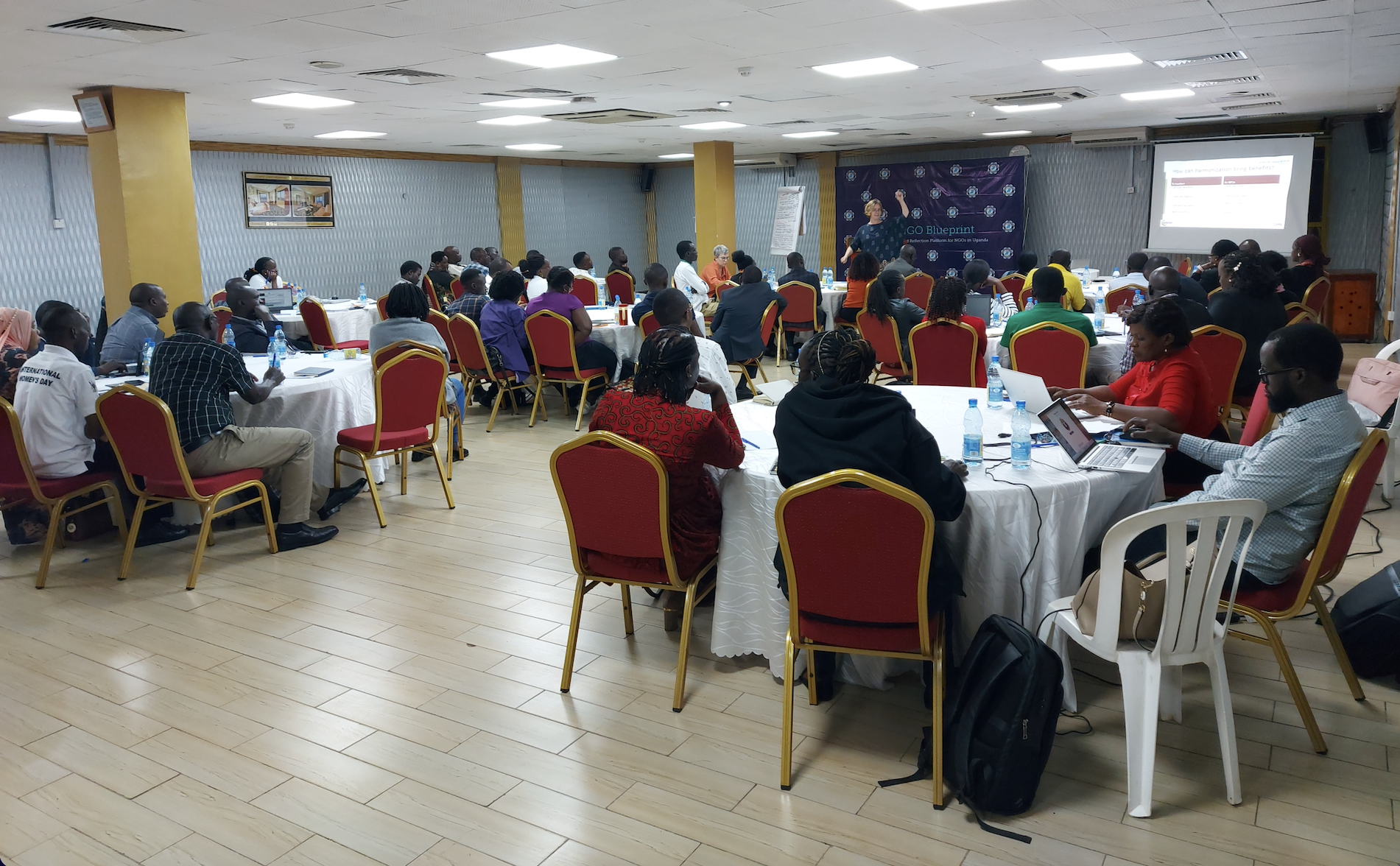
CSO Actors Decry the Multiplicity of Reporting Formats
Civil Society practitioners have expressed concern over the multiple reporting frameworks that project implementors have for long been subjected to by some of their funders. It was noted that most of the existing funding relationships are primed on control and mistrust, thus the introduction of multiple formats.
“For the past 12 years I have served as a finance manager, truth be told, the financial reporting frameworks do not serve the needs of the non-profit sector. Every project comes with a new school for auditing” said one of the participants.
“The problem comes when an auditor that has never practiced in the nonprofit sector is assigned to audit your project, collusion is inevitable. Unfortunately, the donor trusts the auditor more than the project implementor” another CSO actor noted.
These are some of the sentiments that were shared during the meeting that was organized by Uganda National NGO Forum in collaboration with Humentum on 19th April 2024, at Hotel Africana, Kampala. Attended by over 50 organizations drawn from across Uganda, the meeting reflected on what is working and what is not in the NGO funding. Emerging from the reflections was the clerical call for unrestricted funding rather than activity-based funding, the need for full and fair cost coverage for grants to NGOs, the imperative of strengthening NGO capabilities and investing in top-quality staff. “How can we expect CSOs to be innovative and cutting-edge when they do not have the funds for the best people and systems” a participant asked.
Ms. Rebecca Ariokot, the UNNGOF Senior Associate – Monitoring, Evaluation and Learning asserts “Harmonized reporting frameworks fosters shared learning which plays an exceptional role in the civil society growth in all spheres. There is need for continuous engagement of aid agencies to appreciate this.”
The IFRONPO Project Director, Ms. Samantha Musoke noted that the ecosystem-level issues need to be fixed at a global level, and with global input so that local CSO actors can play their part, with the barriers to locally led development removed. Samantha challenged different stakeholders to commit to improve the quality and reliability of CSOs financial reporting and reduce the burden of multiple formats, as this will create a win-win for funders and project implementors.
Speaking at this meeting, the NGO Forum’s Executive Director Dr. Moses Isooba, said “As a sector, we are deeply concerned with the multiplicity of donor reporting requirements. Having a harmonized framework like the IFR4NPO would be a game changer.”
Development practitioners under auspices of Humentum and The Chartered Institute of Public Finance and Accountancy (CIPFA) have designed a progressive initiative (#IFR4NPO) – that seeks to create a global non-profit accounting standard. This will improve the clarity and consistency of Non-profit financial reports, thus resulting in greater credibility, transparency, and trust for the sector. The third draft standard shall be published in May 2024. For more details, please visit www.ifr4npo.org



